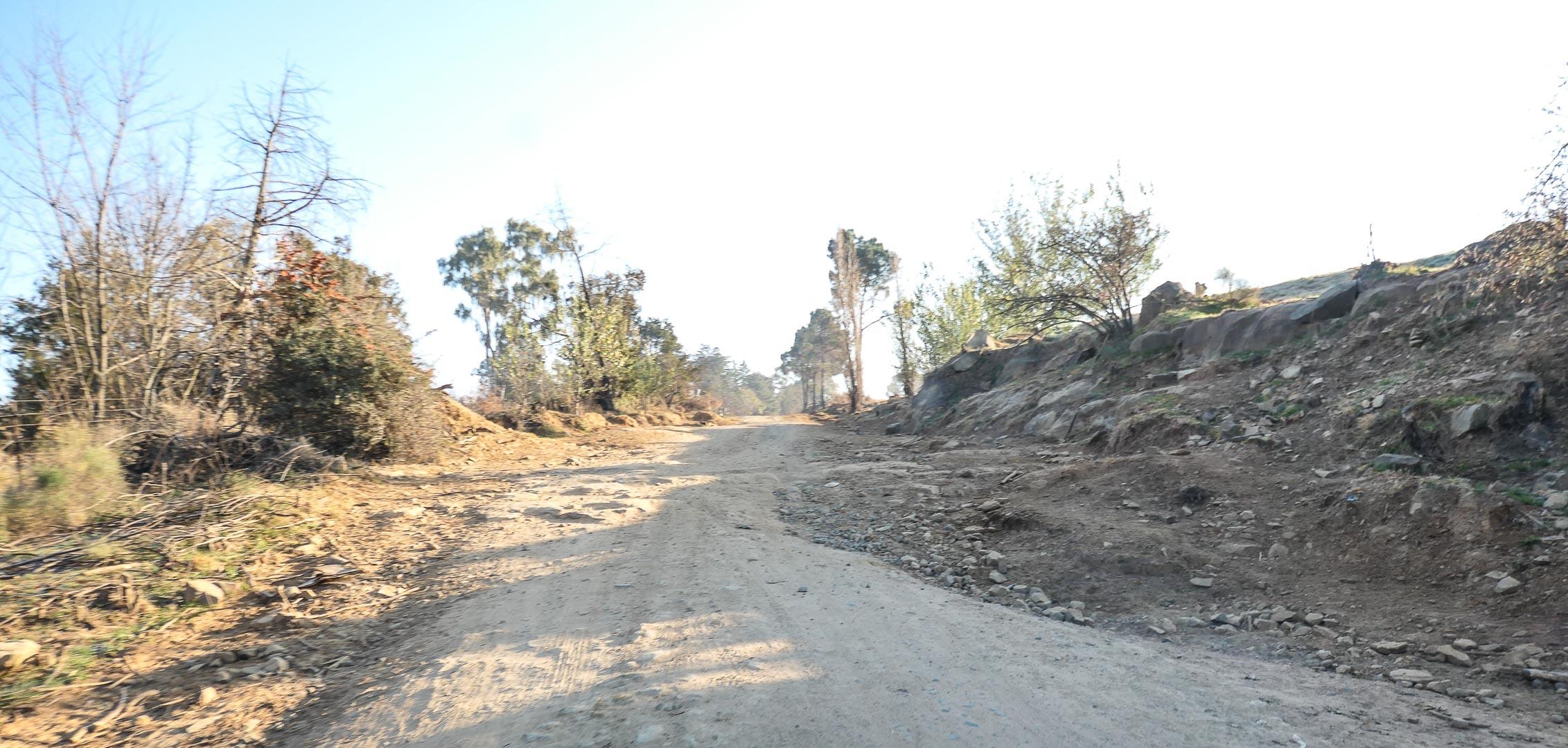Understanding Eswatini’s Current Landscape

Introduction
Eswatini, formerly known as Swaziland, is a small landlocked kingdom in Southern Africa that has been in the global spotlight due to its unique political landscape and recent socio-economic developments. The significance of Eswatini lies in its cultural heritage and the challenges it faces, including political unrest, economic struggles, and health crises, particularly in light of the COVID-19 pandemic. These factors have drawn attention to its governance and the aspirations of its people.
Political Landscape
The political situation in Eswatini has become increasingly volatile over the past few years. In 2021, the nation witnessed significant protests against the monarchy, demanding democratic reforms. Citizens voiced their frustrations over issues like police brutality, economic mismanagement, and the lack of political freedoms. Tensions escalated, leading to government crackdowns on dissent and calls from international human rights organizations for a more democratic governance structure.
Economic Challenges
Economically, Eswatini faces numerous hurdles. The nation has a high unemployment rate, estimated at over 30%, which has been exacerbated by the pandemic. Many citizens rely on subsistence farming, and the lack of diversification in economic sectors has left the country vulnerable to external shocks. To address these challenges, the government has begun seeking international partnerships and funding to bolster development.
Health Crisis and COVID-19
The health sector in Eswatini has also been under strain, particularly due to the COVID-19 pandemic. As of October 2023, the vaccination rollout has seen varied success, with many citizens still lacking access to vaccines. The World Health Organization has been collaborating with local health authorities to enhance healthcare infrastructure and combat other endemic issues, such as HIV/AIDS, which remains a significant public health challenge.
Conclusion
In conclusion, Eswatini is at a critical juncture as it navigates political strife, economic hardships, and public health challenges. The commitment of its people to advocate for change suggests a potential for growth and transformation if the government is willing to engage in dialogue and implement reforms. The international community is watching closely, as developments in Eswatini could serve as a case study for nations undergoing similar struggles in the quest for democracy and development. As Eswatini moves forward, its future will depend on collaborative efforts between the government, civil society, and international partners.
